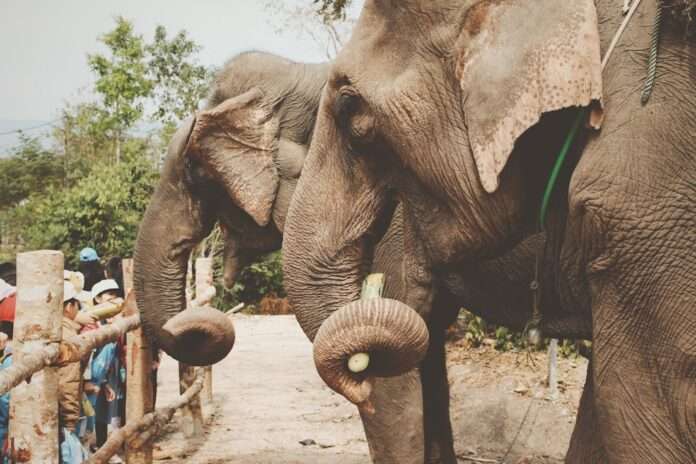Is it ever ethical to visit a zoo? And what about sanctuaries, are they any better? The truth is the waters are a little bit murky on the issue.
Zoos have been around for so long, it’s difficult to pinpoint exactly when the first one opened its doors. But we do know it was likely in ancient times. In Egypt, tourists can visit the archeological site of Nehken, where the remains of old mummified captive animals, like hippos, an elephant, and baboons, lie. But the modern zoo industry in the U.S., of course, started many centuries later — in late 1800s Philadelphia. Since then, the business of keeping animals captive has exploded.
Right now, IBISWorld notes there are 384 zoos and aquariums in the U.S. alone. But the actual number is likely much higher because unaccredited roadside zoos are also rife across the country. Tigers in America reports there are more than 3,000 roadside zoos — which are essentially just small private menageries with wild animals — in the U.S., all of which are unregulated.
Are zoos ethical?
If we break the “are zoos ethical?” question down into a black-and-white answer then, no, zoos are not ethical. They hold animals captive, restrict their natural behaviors, and exploit them for profit. On the face of it, it all seems quite clear: zoos are bad for animals. It could also be argued that they’re bad for humans, too, by perpetuating a narrative that we are entitled to continue exerting oppressive behavior over others.
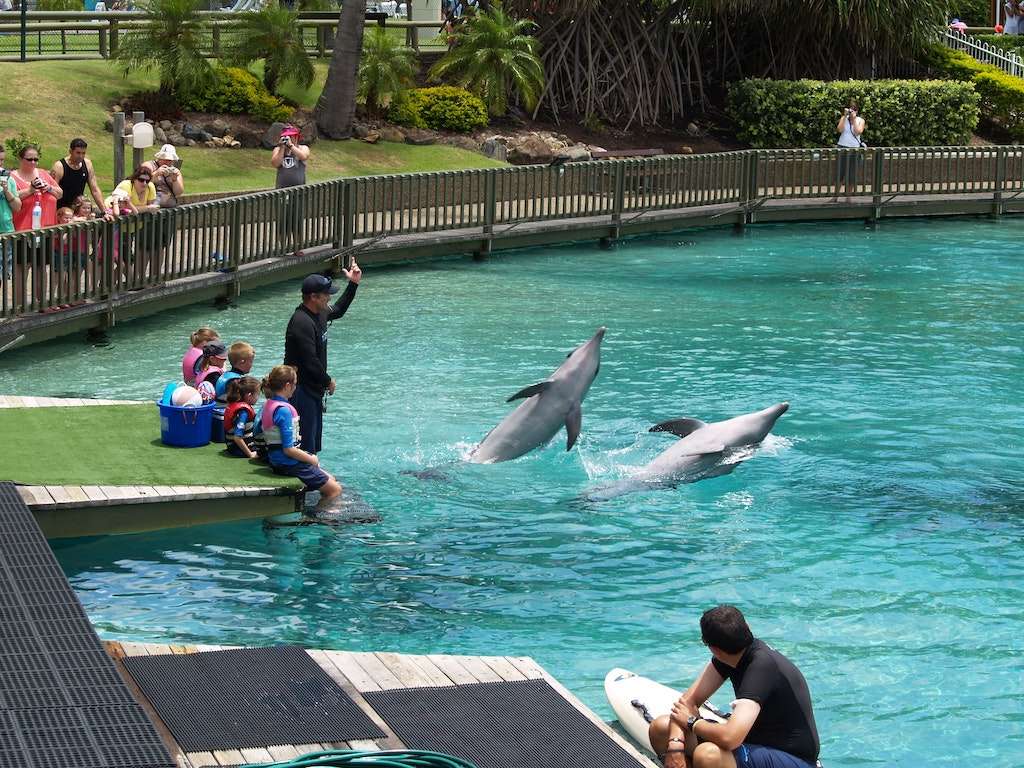
This is the view of most animal rights organizations and activists. “Many animals suffer in captivity as zoos can never recreate the complex environment [animals] are adapted to live in,” notes Frankie Osuch, policy support officer for U.K. nonprofit Born Free, noted in a blog post. “Deprived of their natural habitat and social structures, zoo animals can often suffer physical and psychological ailments not experienced by their wild counterparts.”
This is true. Zoochosis is a psychological condition that refers to stereotypical behaviors displayed by animals in captivity. It involves stress-induced behaviors that are “highly repetitive, invariant, and functionless” according to Born Free. So think of things like pacing, licking, or swaying, for example. PETA, the largest animal rights organization in the world, also agrees that zoos are wrong. But the group’s recent actions also indicate that the situation surrounding zoos and ethics isn’t black and white, and actually, it is perhaps more of a sliding scale.
Enter: The grey area
In 2022, PETA rescued more than 60 animals from a roadside zoo in Maryland, called Tri-State Zoological Park. According to the animal rights organization, a legal settlement forced the facility to close “after years of violations” including chronic neglect. But inevitably, it needed somewhere to place these animals. So it looked not just to reputable sanctuaries, but also accredited, trusted zoos, like Oakland Zoo in California.
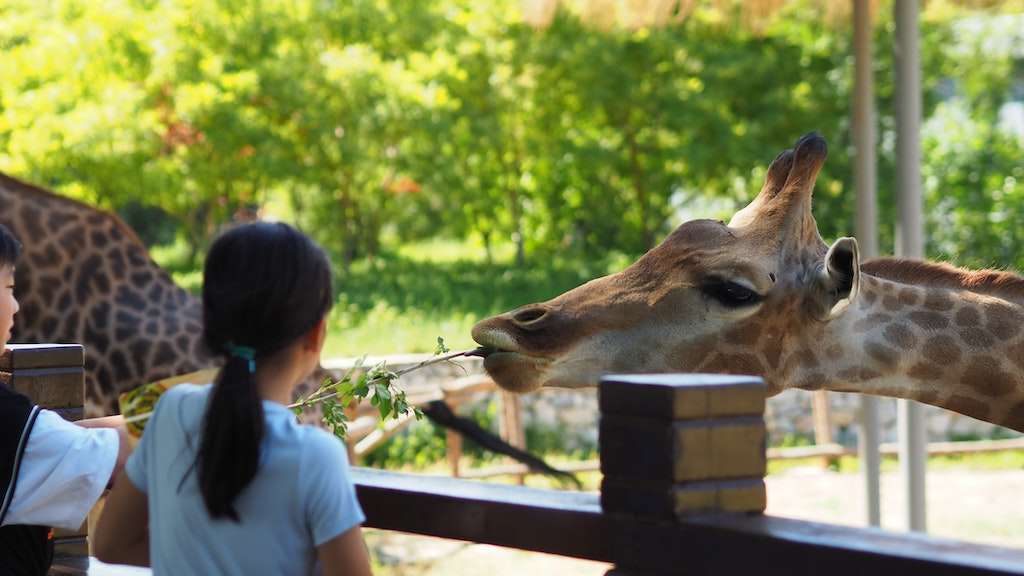
“We are incredibly grateful to our zoo and sanctuary partners for helping us,” said PETA’s general counsel for captive animal law enforcement Brittany Peet. “If we didn’t have reputable zoos, such as Oakland Zoo, these animals would have to stay with neglectful owners, like Bob Candy [the owner of Tri-State Zoological Park], where they would be mistreated for years.” Unlike roadside zoos, Oakland Zoo is accredited by the Association of Zoos & Aquariums (AZA), which means it has certain animal welfare standards it must uphold. It also has the expertise, finances, and infrastructure to give rescued animals a decent place to recover from abuse and neglect.
Does accredited mean ethical?
While it is still a zoo, Oakland Zoo also aims to encompass the values of a sanctuary, in the sense that it actively prioritizes the safe rescue and care of vulnerable animals. Not all zoos behave this way, even if they are accredited. Cincinnati Zoo and Botanical Garden, for example, is accredited by AZA, but the establishment has been named on In Defense of Animals’ “Worst Zoos for Elephants” list more than once.
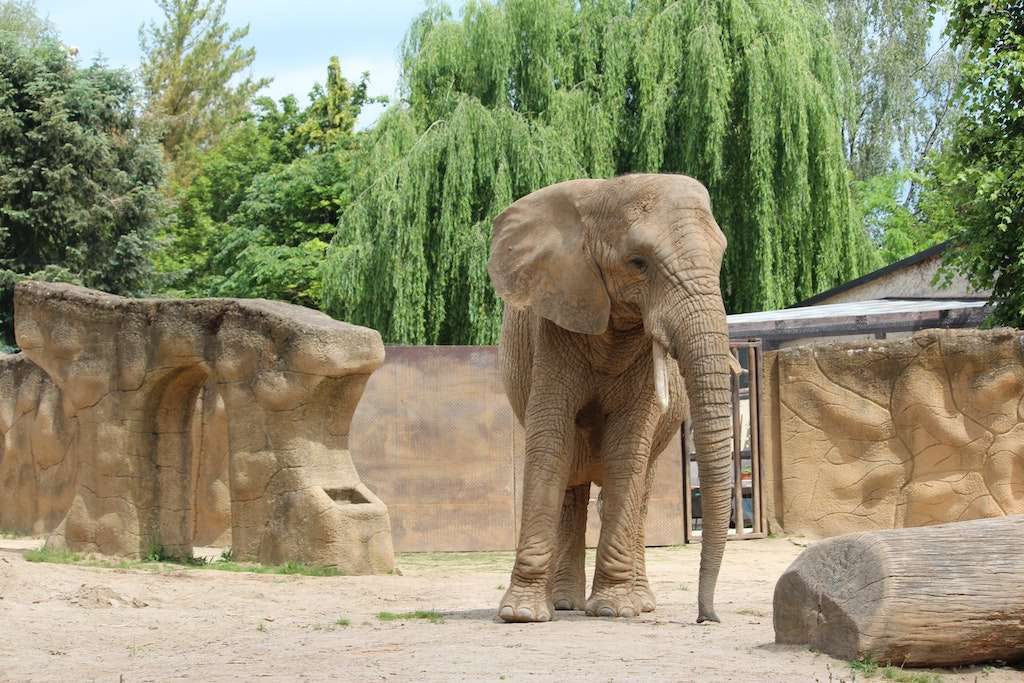
“Cincinnati Zoo’s current elephant exhibit is a mere single acre and houses four Asian elephants. It deceptively claims renovations to its “Elephant Trek,” scheduled to be completed in 2024, will increase the space by five times from its current miserly 1 acre. This adds up to just 5 acres, but only 4 acres are for the elephants, which is still tiny,” notes the nonprofit. “The rest of the space goes to ticket holders as paths, picnic areas and gardens, and an event space that can accommodate 250 people,” it continues. “If the zoo’s breeding plans work, the elephants’ space will get even smaller.”
This brings up another tricky point: breeding. While many zoos claim they have animal conservation intentions with their breeding programs, bringing more animals into captivity instead of spending money to support vulnerable populations in the wild, is controversial. “The world is in the midst of an extinction crisis, but zoos do not offer a viable solution,” notes Osuch. “We must aspire to protect wild animals where they belong – in the wild.”
The bottom line: avoid zoos and support sanctuaries, where possible
The zoo issue is complicated. Sometimes they offer the necessary space and conditions for vulnerable animals, and sometimes they are nothing but exploitative. But as visitors, we can keep things very simple. Before you visit or give money to an establishment or organization, first, do your research. If a zoo keeps animals in small cages, it’s an immediate no-go. The same if it offers any form of paid interactions with animals (like holding tiger cubs, for example). These are likely roadside zoos, and they are not only cruel and exploitative to animals, but dangerous to people too. (See: Tiger King.) But you should also be wary of bigger zoos, even if they are accredited, as is the case with the Cincinnati Zoo, for example. Read reviews, news reports, and there’s something to be said for following your animal instincts: if it doesn’t feel right to you, it probably isn’t.
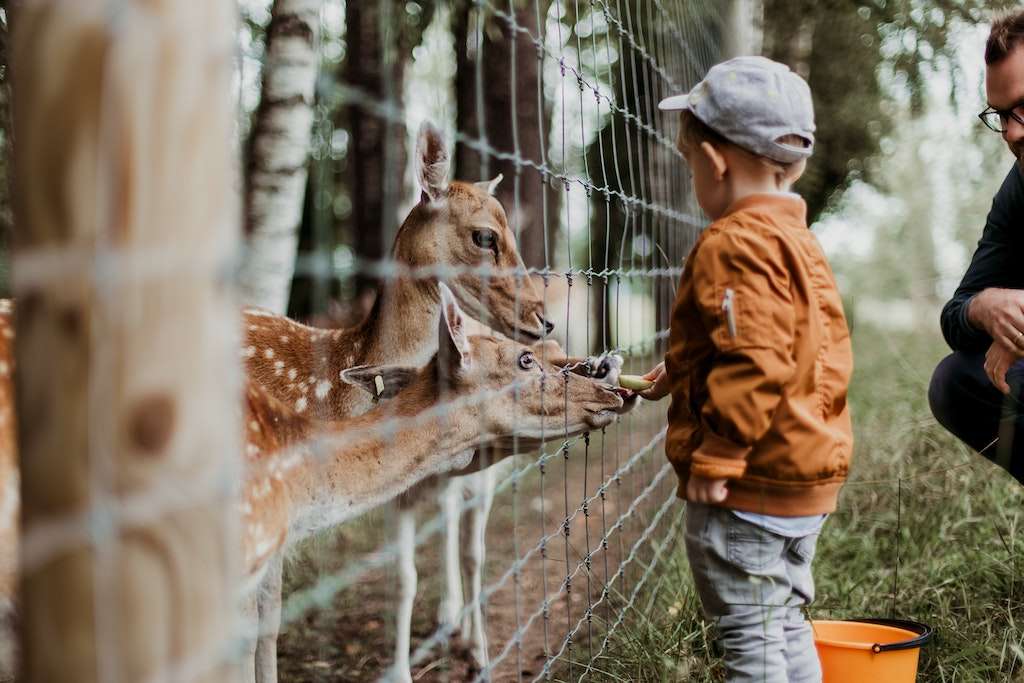
But this doesn’t mean you should avoid seeing animals completely. The Global Federation of Animal Sanctuaries (GFAS) accredits real, reputable rescue centers and sanctuaries that are doing their best for abandoned, injured, and displaced animals. But be wary of facilities that use the word “sanctuary” without accreditation or evidence to back it up, as these may be roadside zoos in disguise. “GFAS’ definition of “sanctuary” is any facility providing temporary or permanent safe haven to animals in need while meeting the principles of true sanctuaries,” it notes. “[This means] providing excellent and humane care for their animals in a non-exploitative environment and having ethical policies in place.”
For more guidance on the best animal facilities to visit, you can find all of the sanctuaries accredited by GFAS here.
Related on Ethos:

